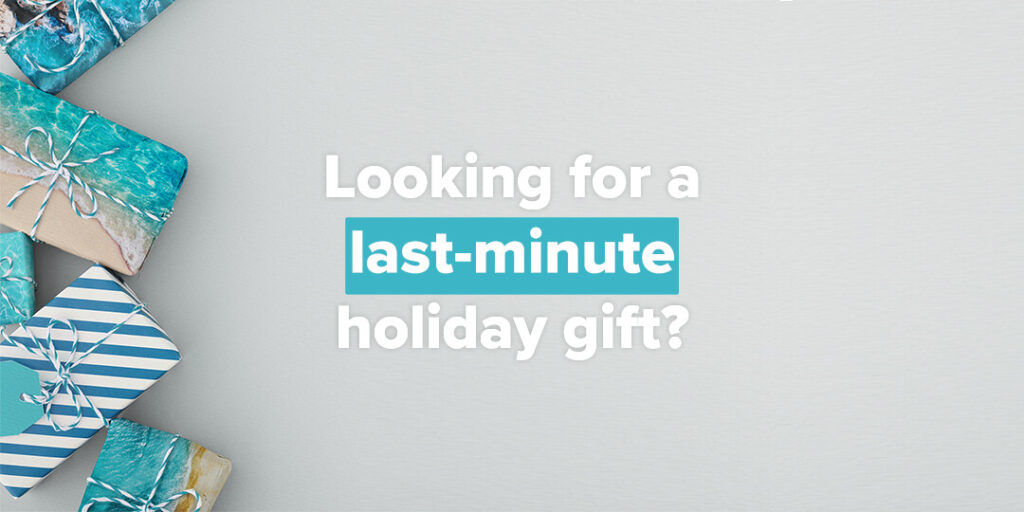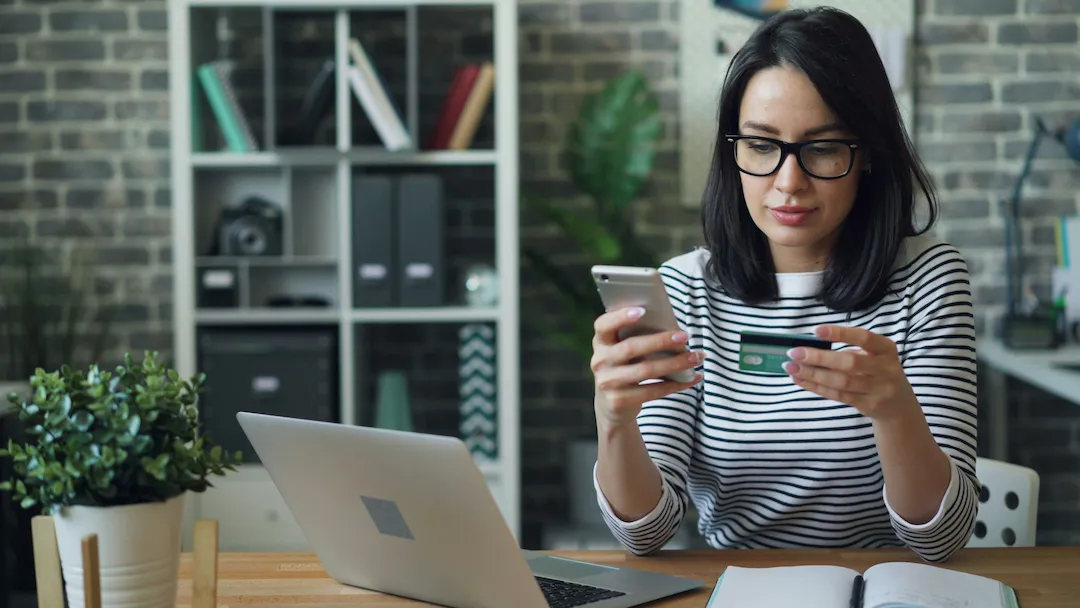 Plastic Pollution and Recycling
Plastic Pollution and Recycling

The season of giving is right around the corner – and so is the avalanche of consumer waste. It turns out the most wonderful time of the year is also the most wasteful. In the US alone, Americans produce 25 percent more trash from Thanksgiving to New Year’s Eve than in any other period1.
The Institute of Environmental Management and Assessment (IEMA) estimates an average of 4.8 kilograms of plastic packaging waste is produced per household in the UK during the holiday season2.
With consumerism at its highest around the holidays, it’s time to rethink your gifting plans and be more conscious about what your purchases do to our environment.
It’s not about not gifting, but finding ways to give gifts that are kind to our planet, and even kinder to those in need.
Holiday Impact Certificate

The best (and easiest) “add-on” to your gifting that creates impact is a Holiday Impact Certificate from Plastic Bank.
Each certificate helps stop 4.8 kilograms of plastic – equivalent to 240 single-use 500ml PET plastic bottles – from entering the ocean.
The collected plastic is exchanged for secure income and life-improving benefits by collection members in the Philippines, Indonesia, Brazil and Egypt.
Your loved ones can now gift knowing they will be stopping plastic waste from entering the ocean – with impact that helps alleviate poverty in collection communities on the front lines of stopping ocean plastic.
The best part? The Holiday Impact Certificate just costs US $4.80 for a family, and can be proudly displayed at home, at work, or on social as part of your festive décor.
You could also go Plastic Net-Zero, Plastic Positive, or Ocean Regenerative on your quest for #OceanStewardship with us!
Alternatively, if you’re looking for more ways to bring sustainability to your lifestyle and holiday gifting, check out our Limited Edition Ocean Bottles.
- “Frequently Asked Questions: Holiday Waste Prevention,” https://lbre.stanford.edu/pssistanford-recycling/frequently-asked-questions/frequently-asked-questions-holiday-waste-prevention
- The Institute of Environmental Management and Assessment (IEMA)






